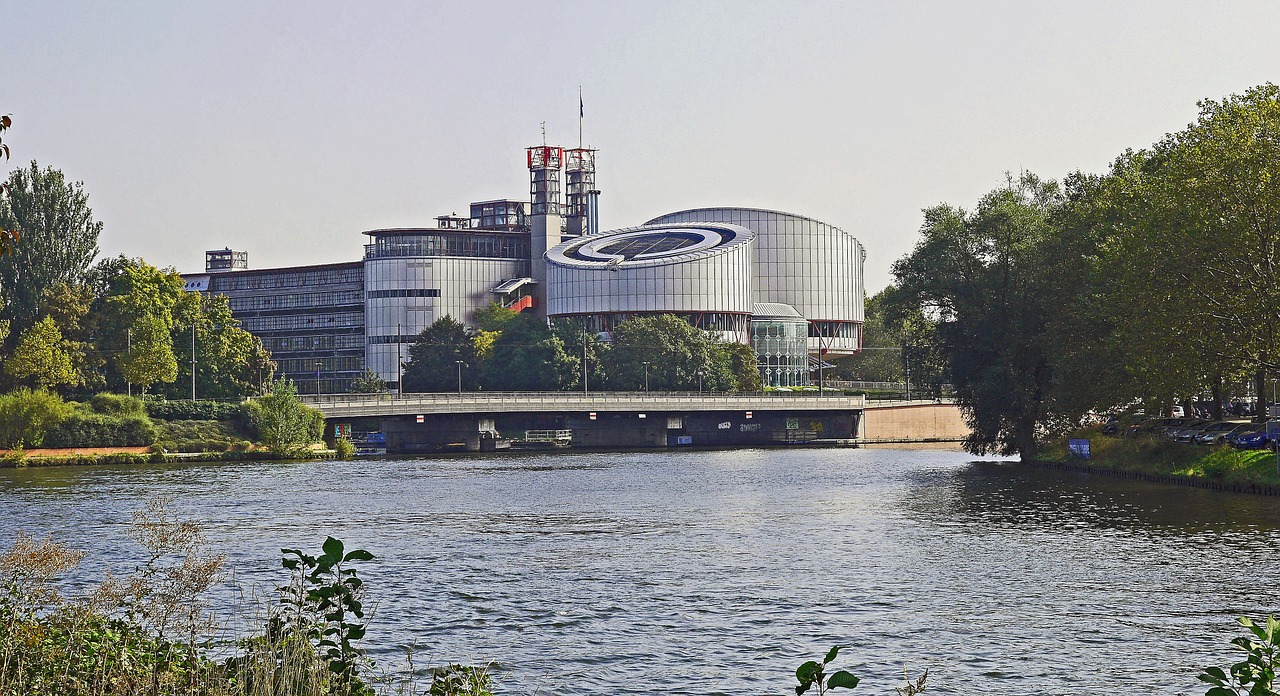ECtHR: No breach of Article 8 where Italy annulled birth certificate naming same-sex parents

Italy did not violate Article 8 of the European Convention on Human Rights by removing a woman from the birth certificate of a child born in Italy to same-sex parents by means of assisted reproduction abroad, the European Court of Human Rights has ruled.
The court yesterday handed down its 6-1 majority judgment in X v Italy, which has so far only been published in French.
X is a boy born in 2018 in Italy following in vitro fertilisation carried out in Spain by his biological mother, C.D.O., and her partner, M.B.
The child’s birth certificate initially listed both women as parents. Five months later, prosecutors sought to annul the registration on the grounds that Italian law does not allow recognition of a non-biological mother in a same-sex couple.
Domestic courts upheld the annulment, citing national legislation restricting access to assisted reproduction to heterosexual couples affected by infertility and excluding same-sex couples.
The Italian Court of Cassation confirmed the annulment in August 2023, noting that the intended mother could instead apply to adopt the child under the mechanism of “adoption in special cases”.
Proceedings were brought to the European Court of Human Rights by C.D.O., acting on behalf of X.
Relying on Article 8 (right to respect for private and family life) of the European Convention on Human Rights, the applicant complained of a violation of his private and family life on account of the loss, five years after his birth, of the legal parent-child relationship he shared with his intended mother.
In the majority ruling, the court found that Article 8 was applicable but held, by six votes to one, that there had been no violation.
The court noted that Italian law at the time did not allow a non-biological mother to be listed on the birth certificate of a child conceived abroad, but that the “adoption in special cases” mechanism offered an adequate means to establish a legal bond.
While this was not the same as a parentage relationship established by birth certificate, the court’s case law had previously established that full equivalence is not required to comply with Article 8.
The court said it “agrees with the [Italian] government that the failure to establish a legal link between the child and the intended mother promptly following the annulment of the birth certificate was due to the choice made by M.B. and C.D.O. not to use the ‘adoption in special cases’ route”.
The court also noted that the child’s day-to-day family life with both women had continued uninterrupted, and that his civil status and nationality had remained secure.
The judgment stressed that while Italy has since amended its constitutional interpretation — with a May 2025 Constitutional Court ruling declaring the prior prohibition unconstitutional — the court’s role was to assess whether the state had failed in its positive obligations under Article 8, ultimately concluding that it had not.
In a separate opinion, a dissenting judge argued that the five-year delay and the eventual annulment of the child’s birth certificate raised serious concerns regarding the state’s compliance with its positive obligations, as X should not have been held responsible for procedural choices made by his parent.







